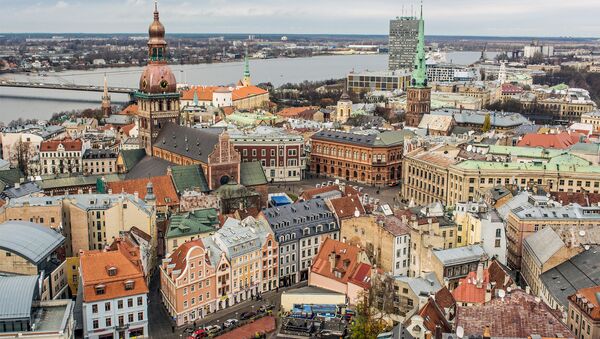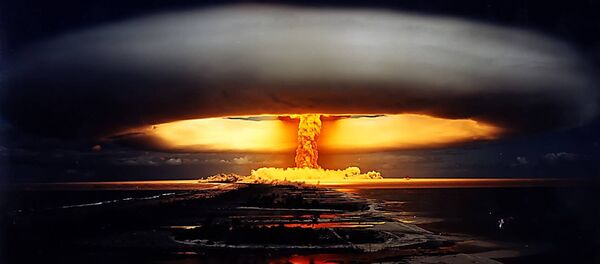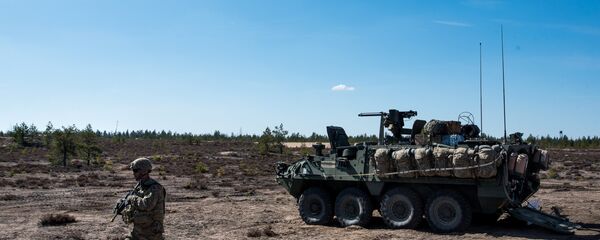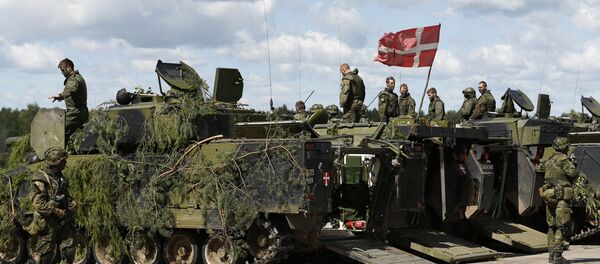However, the risk of the emergence of a "fifth column" among the Russian-speaking minority is low, argues Kalle Kniivilä, who traveled through the Baltic countries and recorded interviews with local Russian-speaking residents.
"Of course, there are certain risk groups, but they are quite little, I think. The best thing you can actually do is to keep them as little as possible — by no longer regarding speakers of Russian as a threat. They are the same people as we all are," Kniivilä said as quoted by Finnish national broadcaster Yle.
"Finding a good job, earning enough money to raise children. Of course, there are some issues which only concern speakers of Russian, such as knowledge of the official language. This is a big problem, especially for the older generation," Kniivilä said, admitting that the situation is far from rosy as the problem of "non-citizens" still exists in the Baltics.
After the breakup of the Soviet Union, Lithuania gave virtually all its residents citizenship, unlike Estonia and Latvia, which both required a good command of the language of its would-be citizens. This remains a major problem for many older people, who lack the necessary language skills and retain their degrading alien status. The idea of this policy was to drive them "home" to Russia, which was quite unfair, Kalle Kniivilä noted. Today, about 12 percent of Latvia's population and 6 percent of Estonia's population remain stateless.
"The idea behind the limited citizenship surrounding the collapse of the USSR was to get rid of as many Russian speakers as possible. To a certain extent, it succeeded," Kalle Kniivilä told Yle, arguing that some moved back to Russia, whereas others went on to Europe.
At present, there are over a million ethnic Russians living throughout the Baltic countries apart from the Russian exclave of Kaliningrad, with their demographic representation varying from 5 percent in Lithuania to 27 percent in Latvia. In Estonia, most Russians reside in several parts of Tallinn or in Ida-Virumaa County, where they represent 72 percent of the population.
In February 2016, BBC broadcast a countdown-to-doomsday drama called "World War Three: Inside the War Room." The imaginary war broke out in Daugavpils, an important Latvian city which was at one time ruled by Poles, Swedes and Russians, and still retains a predominantly Russian population. In the fictitious scenario, the city was taken over by pro-Moscow separatists.
Kalle Kniivilä is a former journalist from the Swedish newspaper Sydsvenskan with a constant interest in Russia. For his first book, "Putin's People", he traveled around Russia in order to better understand Putin's popularity. For his second, "Crimea is Ours", he went to Crimea in the aftermath of the peninsula's reunification with Russia.
.@kallekn uuden kirjan julkkarit 23.5. Gaudeamus Kirja & Kahvissa sekä @RuslaniaBooks:issa! https://t.co/dlBzxZuTOo pic.twitter.com/B5vqz9KjWl
— Into (@Into_Publishing) May 13, 2016





